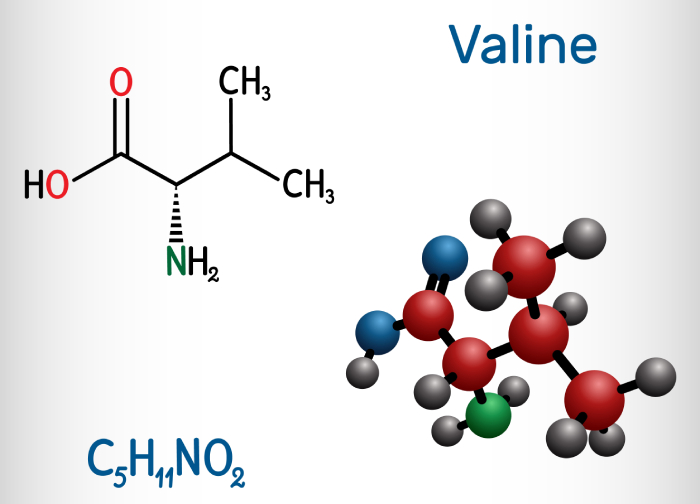Delcath Systems Advances Liver Cancer Therapy with FDA Greenlight for HEPZATO Phase 2 Trial
Delcath Systems, Inc., a company specializing in interventional oncology solutions for liver cancers, recently announced that its Investigational New Drug (IND) application for a Phase 2 clinical trial using HEPZATOâ„¢ has successfully completed the U.S. Food and Drug Administration (FDA)’s 30-day review. The trial will assess the safety and efficacy of HEPZATO combined with standard-of-care (SOC) therapies in treating liver-dominant metastatic colorectal cancer (mCRC). Patient enrollment is expected to commence in the second half of 2025.
Trial Overview
The Phase 2 study will compare two treatment regimens:
HEPZATO with trifluridine-tipiracil and bevacizumab
Trifluridine-tipiracil and bevacizumab alone
The trial will enroll approximately 90 patients across 20+ sites in the United States and Europe. The primary outcome measure is hepatic progression-free survival (hPFS), with results anticipated by the end of 2027. A secondary outcome, overall survival (OS), will follow in 2028.
Target Population
Delcath aims to address a niche yet critical patient demographic: individuals with liver-dominant mCRC undergoing third-line treatment. This cohort, numbering between 6,000 and 10,000 annually in the United States, represents a high unmet medical need due to the severity and limited treatment options associated with liver-dominant disease. Inclusion criteria for the trial will be based on radiological and clinical evaluations of liver-dominant cancer status.
Strategic Vision
Building on HEPZATO’s existing application for metastatic uveal melanoma, this trial underscores Delcath’s ambition to broaden its therapeutic reach. By leveraging its expertise in targeted liver therapies, the company hopes to position HEPZATO as a transformative treatment for patients grappling with complex liver metastases.
Gerard Michel, Delcath’s CEO, expressed optimism about the trial’s potential, stating:
“This Phase 2 trial represents an exciting step forward in evaluating HEPZATO as a treatment for patients with liver-dominant metastatic colorectal cancer. The study reflects our commitment to expand the potential applications of HEPZATO beyond metastatic uveal melanoma, offering new hope to an additional group of patients with liver-dominant cancers.â€
Commentary by YourDailyFit columnist Alice Winters

Delcath Systems’ FDA approval to proceed with this trial marks an intriguing development in the treatment landscape for liver-dominant metastatic colorectal cancer (mCRC). The move to integrate HEPZATO into the standard-of-care framework—pairing it with trifluridine-tipiracil and bevacizumab—is both timely and ambitious, given the persistent challenge of managing liver-dominant disease in this patient population.
Ingredient and Mechanism Analysis
HEPZATO delivers chemotherapy directly to the liver via percutaneous hepatic perfusion (PHP), which enables high-dose regional therapy while minimizing systemic exposure. This approach is particularly well-suited for liver-dominant cancers, as it directly targets the primary site of disease burden. When paired with SOC agents like trifluridine-tipiracil (a thymidine phosphorylase inhibitor) and bevacizumab (an angiogenesis inhibitor), the combined regimen could amplify localized and systemic anti-cancer effects.
Market and Clinical Potential
The estimated annual market size of 6,000–10,000 patients, while narrow, highlights a clear clinical gap that HEPZATO seeks to address. If the trial outcomes are positive, HEPZATO could redefine third-line therapy for this subset of mCRC patients, potentially establishing itself as a crucial addition to oncologists’ armamentarium.
However, key challenges remain:
Efficacy Proof: Delivering superior hepatic progression-free survival (hPFS) over the control arm will be pivotal for commercial and clinical success.
Adoption Hurdles: Convincing oncologists to adopt an interventional procedure like PHP alongside SOC may require robust evidence of not just efficacy but also safety and procedural feasibility.
Broader Implications
Delcath’s decision to target a niche market aligns strategically with the company’s current capabilities and regulatory positioning. It also suggests a longer-term vision to incrementally expand HEPZATO’s indications. Nevertheless, questions linger about scalability and whether the treatment paradigm can compete with emerging systemic therapies or combination immunotherapies, which are also vying for prominence in advanced mCRC.
Conclusion
Delcath’s initiative could potentially offer a lifeline to patients with limited options, but the success of this trial will heavily influence its future trajectory. The company’s focused strategy, combined with its innovative technology, provides a solid foundation; however, it must deliver compelling data to substantiate its approach. As we await trial outcomes in 2027 and beyond, Delcath’s progress will be closely watched by stakeholders across oncology and interventional medicine.



